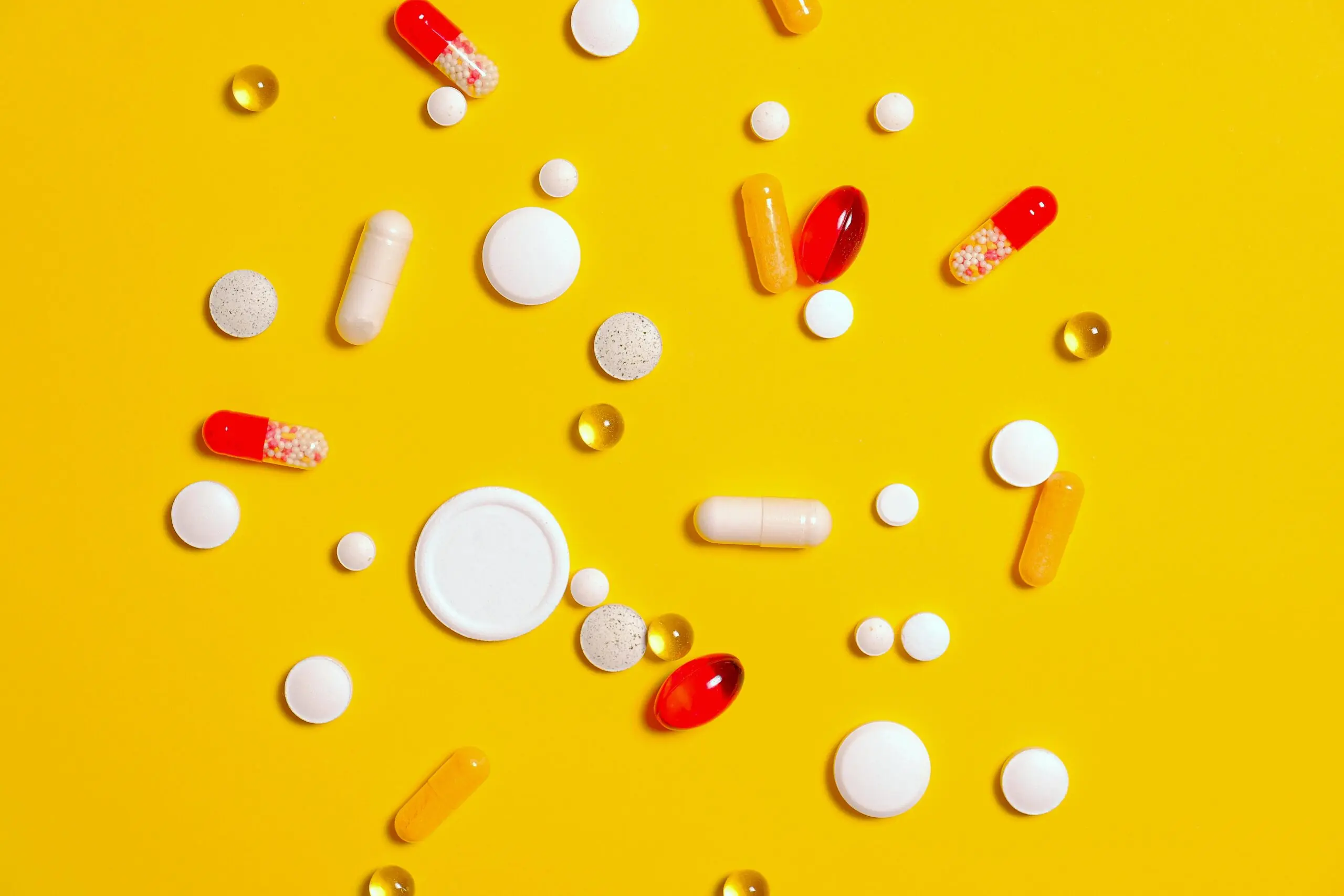In the search for how people can age healthily, the messenger substance spermidine has come into the focus of longevity researchers. A spermidine-rich diet, it is often said, should keep you young longer and protect against age-related diseases. But what exactly is spermidine and what exactly is its anti-aging effect?
What is spermidine?
Spermidine is a so-called biogenic polyamine. The messenger substance owes its curious name to the place where it was first discovered: in human sperm. However, it is present in almost all living cells - in plants, animals, and in the cells of the human body - and is also formed there.
Spermidine: What does it do in the body?
Spermidine is closely linked to cell growth and is essential for cell division and repair. It is now known that the amount of spermidine in the organism increases with an acceleration of the metabolism and decreases with a slowdown. It has also been proven that the body's own production decreases with age (from about 35 years of age) - this, in turn, increases interest in compensating for this decline in the form of a spermidine-rich diet or supplementation to maintain or even stimulate the body's important repair processes.
One of the most important effects of spermidine is its ability to activate so-called autophagy, the self-cleaning process of cells: defective cell components, damaged proteins, or cellular waste are broken down and recycled. This process is essential for cell health and thus plays a key role in combating aging processes, inflammation, and diseases such as Alzheimer's and cancer.
The assumption of scientists: Because autophagy loses efficiency with age, disease-relevant deposits occur in the cells, which can in turn lead to dementia, diabetes, tumors, and atherosclerosis. The increased intake of spermidine - be it through food or supplementation - signals the cell to start the self-cleaning process and thus protects against deposits and premature aging.
Spermidine: What studies say
Studies of model organisms like yeast cells, worms, and mice also show promising results: Spermidine not only extended lifespan but also improved heart function and reduced age-related inflammation. Administration of spermidine even improved egg cell maturation and fertility in female mice.




















